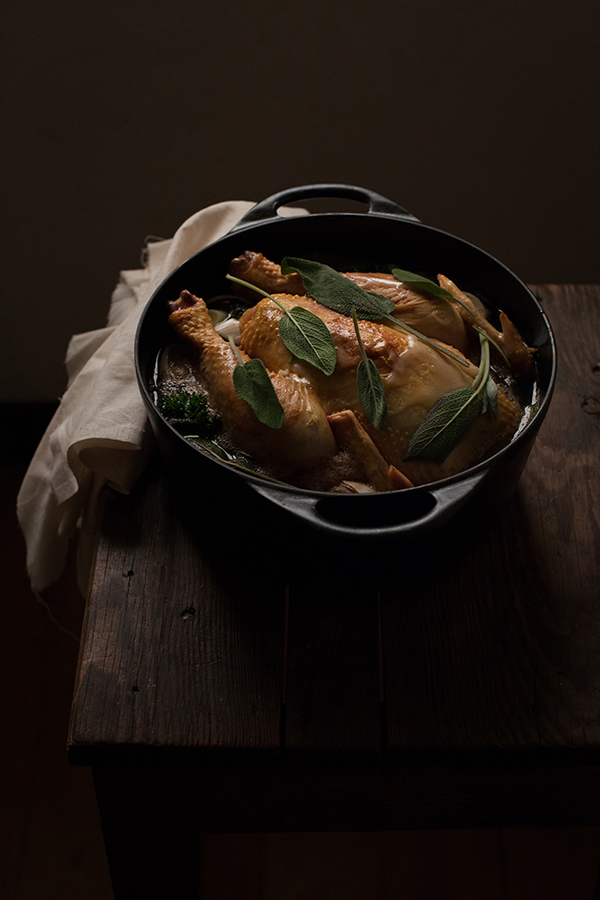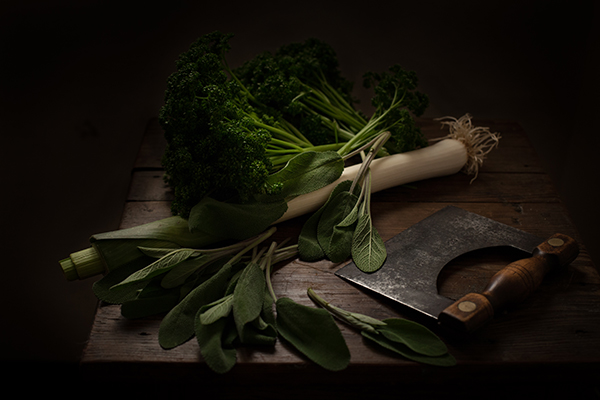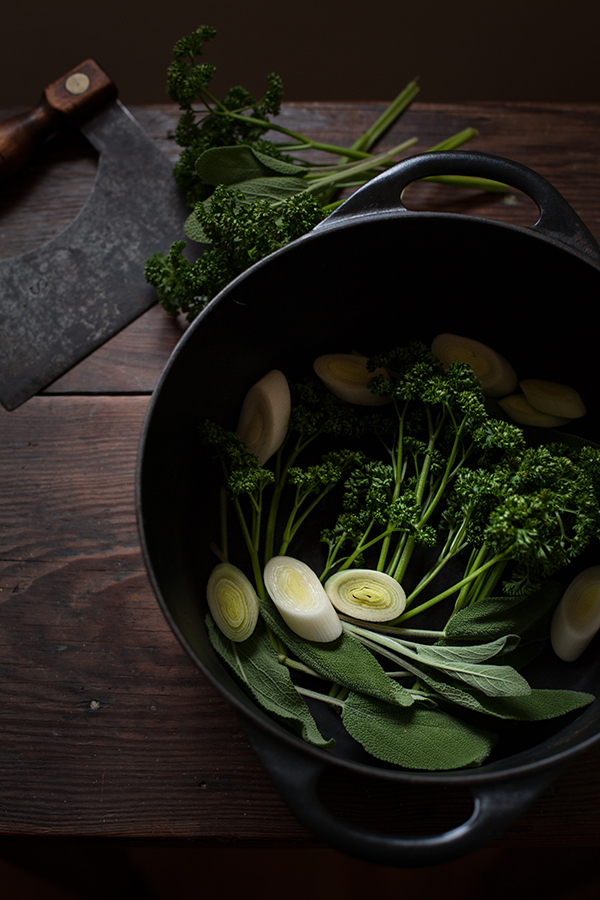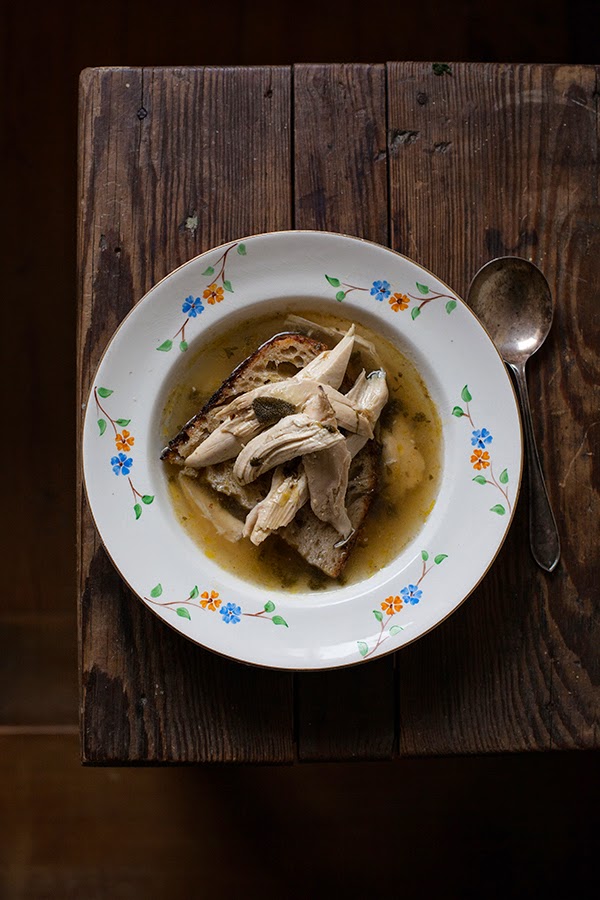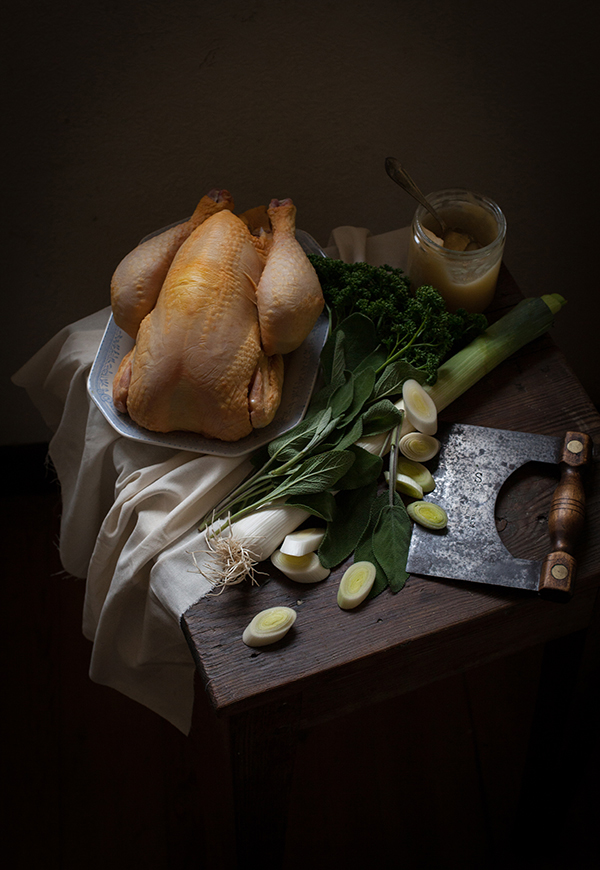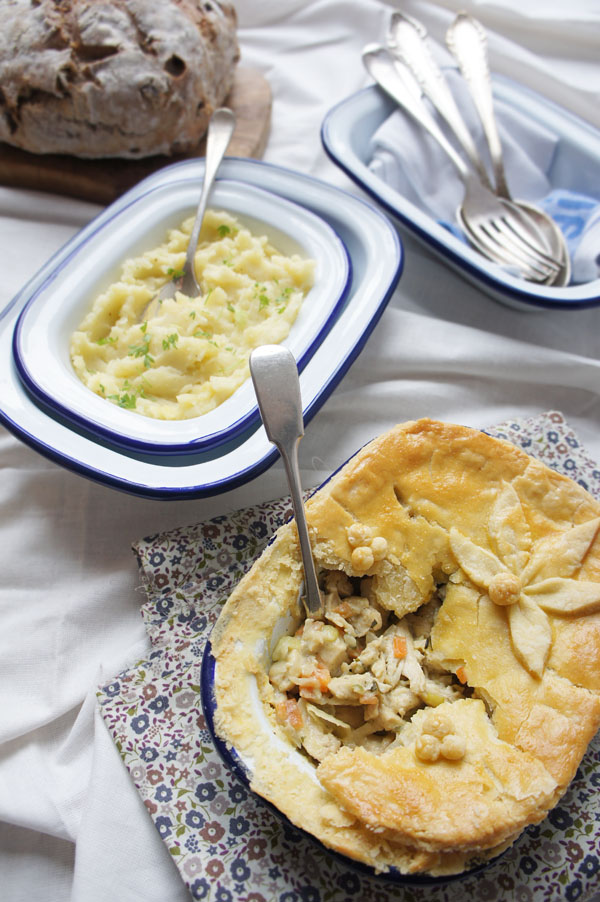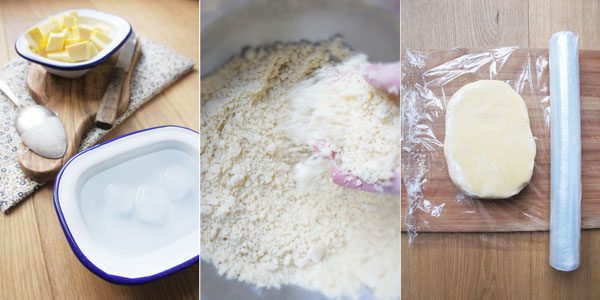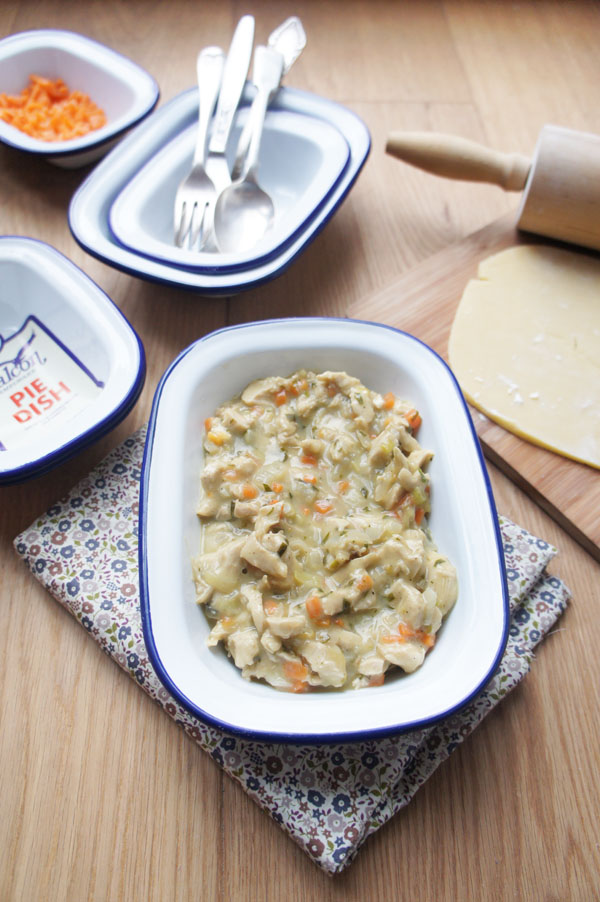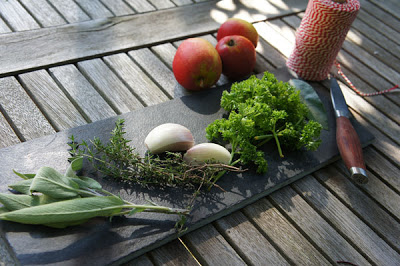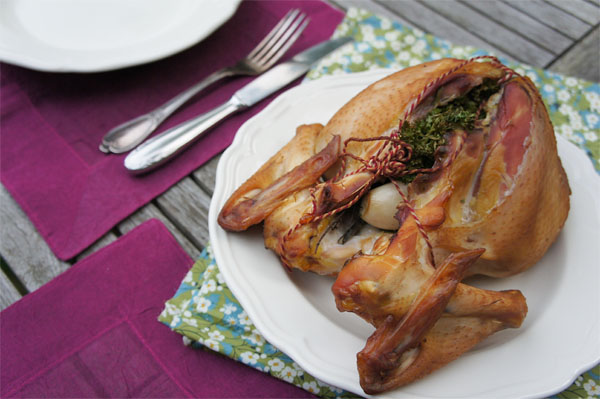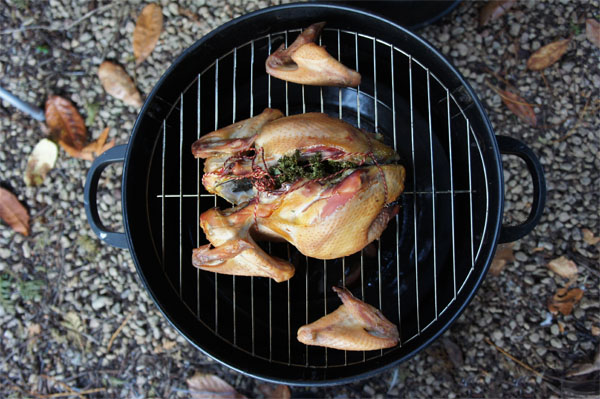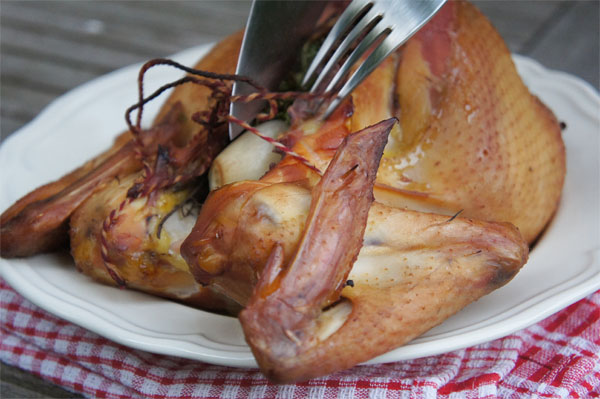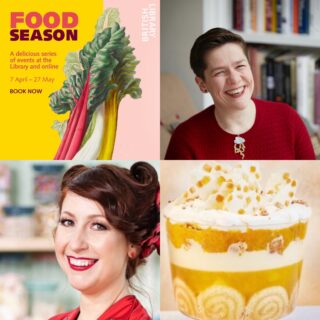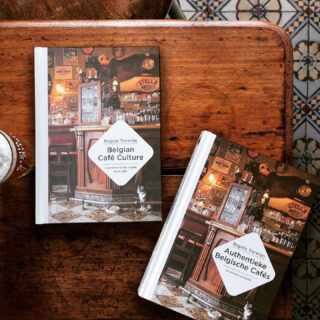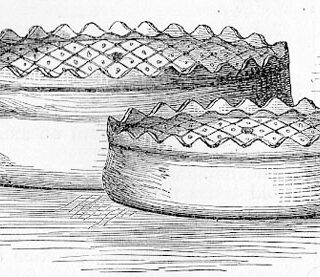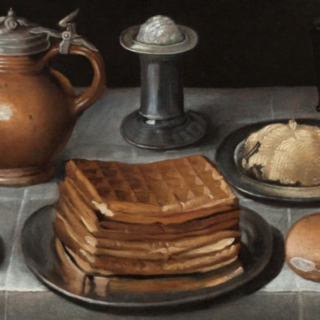Many people ask me if I come across weird and unappetising dishes in those old British cookery books I collect and devour.
Of course there are always recipes in historical cookery books which might seem odd to us today, but I am quite sure if someone from the 18th century would come and visit us today, he would go home with as much stories about strange foods to tell his contemporaries.
It’s all a difference in how we look at food, and how we approach it. For example, most of us only ever see meat, packed in plastic, neatly arranged in the supermarket shelves. Small independent butchers are disappearing on our streets and so is our connection to the animal that provides us with our much savoured sausage. Only last year a butcher shop in Suffolk was asked to remove his elaborate game displays from the window so children wouldn’t be upset by the sight of dead animals. Man has become disconnected and doesn’t think past the plastic surrounding the factory farmed meat.
I don’t find eating the head of a pig weird at all, people in the past would have been happy to have it. But today it is seen as ‘medieval’ and not very appetising. I must confess I do not have a desire to eat a pigs head any time soon, but many have told me it is exquisite.
I am talking about a Medieval dish with a name that might sound strange to us today, but only because we have given a different explanation to the word, or the word as evolved. Medieval dishes have always delighted me in their inventiveness, and elegance. A pure kind of cooking, with herbs and spices that give your tastebuds a whole other experience.
In the 14th and 15th century the dish with the name ‘compost’ has been the term for any stewed mixture. A ‘composition’ of ingredients. This could have been meat, vegetables or fruit. The French term ‘compote’ very likely derives from the English ‘compost’ which later only meant stewed fruits. The name ‘Compost’ for a recipe can also be found in Flemish Medieval cookery books.
To anyone, this dish must sound intriguing, especially as one would immediately think this was a recipe for creating the best compost to fertilise your veggie patch with.
But no, the etymology of the word might be obscure, we are not making any kind of compost for the garden today.
This recipe for ‘compost’ I am bringing to you today is made with chicken and green herbs, and spices. Another contemporary recipe is made with chickens and some of its offal. Herbs vary in recipes and another ‘compost’ is made exclusively from root vegetables, dried fruits and spices. They are all very clean and pure dishes.
Chicken was always a noble type of meat on a banquet. It was considered more economical if a chicken was kept for her eggs. Killing off a chicken meant killing of your egg factory so chicken would be on the tables of those who could miss a bird, the elite.
This dish is fantastic, it is so pure and simple, it is the kind of dish that just makes my heart skip a beat when I first have a little taste. The dish eats like a soup, and I like to add a nice slice of stale sourdough bread as a ‘sup’ – which was in the past frequently added to thicken the soup and give more substance. This ‘sup’ is also what gave us the term ‘supper’ later on in history. A ‘sup’ could also have been a piece of cake soaked in booze or sauce, the Italian word for trifle ‘Zuppa Inglese’ still gives shows us the link with the ‘sup’.
To make it into an evening meal I added some new potatoes. This of course not ver Medieval as the potato was not known in the Middle Ages, but it is a lovely addition to this dish.
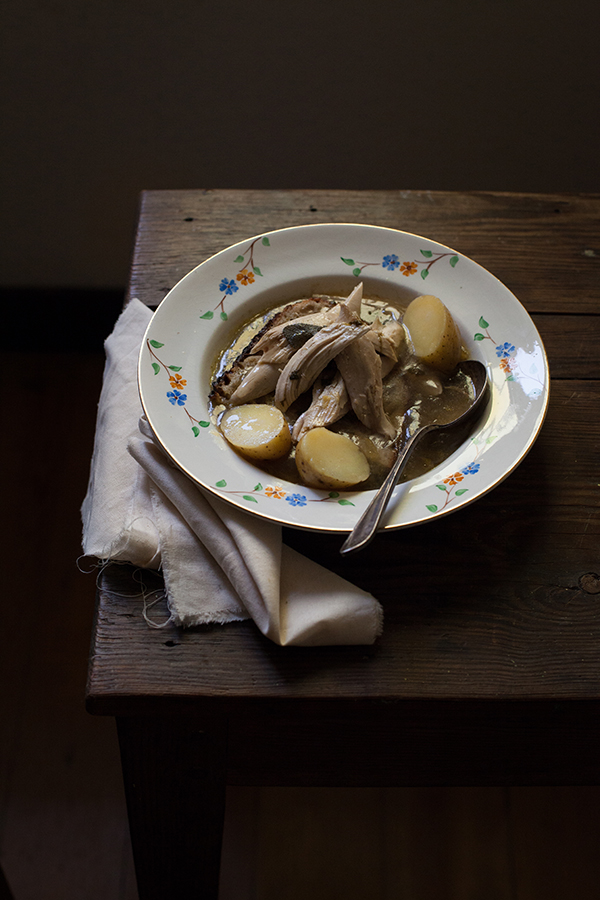 |
| New potatoes are a lovely addition to make it into a main dish, but not very Medieval. |
Original recipe from A Noble Boke off Cookry (England, 1468)
I brown my chicken before stewing, this isn’t done in the original Medieval recipe, but I find it improves the flavour and the look of the dish, I leave my chicken whole, but you can cut it in half if you prefer.
It might be so that the Medieval cook also browned the chicken, but recipes of that period weren’t complete as they were more often just aide-memoirs rather than clear instructions.
What do you need – serves 4 or 2 very hungry people with leftovers, it is very good the next day.
- 1 large hen, free range (please, if you can)
- 1 stalk of leek, chopped
- a bunch of parsley
- a bunch of sage
- a teaspoon of cinnamon, and one of ginger
- two large tablespoons of honey
- optional, some pieces of bacon fat, for flavour
- optional, stale bread, only decent sourdough or other artisan bread
Method
Preheat your oven to 160°C, you can do this just on the hob too, I just prefer to use the oven.
Have a big pot ready, large enough so you can cover the whole chicken with water, but small enough so it fits snugly.
In a frying pan, melt a generous knob of butter and brown your chicken slightly on each side. You just want some color, no crust or full browning. A medium flame on the hob is fine for this.
Place half the herbs and leek on the base of your pot, place your chicken on top and add the rest of the herbs.
Smear your chicken with the honey, doesn’t have to be neat.
Fill the pot with water so the chicken is completely covered, add the spices and give it a stir.
Bring to the boil and let it boil for 5-10 minutes without the lid.
Close the lid and transfer to the oven (or leave on the hob on a small flame) for 45 minutes – 1 hour. Cooking time depends on the size of your chicken, and the quality, a free range slowly grown bird cooks faster than a factory farmed chick. The meat should just not be falling of the bone, so keep an eye on it on those last 15 minutes.
Strain your broth using a colander or something similar, and take out your herbs and veg.
Then, take the meat of the bones and place in the broth. Place some or all of the herbs and veg back into the broth if you like, I do, as I like to eat the whole thing.
Have warmed soup plates ready and place a piece of bread in each of them, pour over the broth and give everyone some meat from the breast and some from the legs.
Serving tip: some nice cooked new potatoes work well to make this a main dish. It is very strengthening and ideal for winter, or on chilly summer evenings. It is also very nurturing when you are unwell.
You might also enjoy
Medieval mulled wine – Ypocras >
The poor man’s bread >
Sussex stewed Steak >

